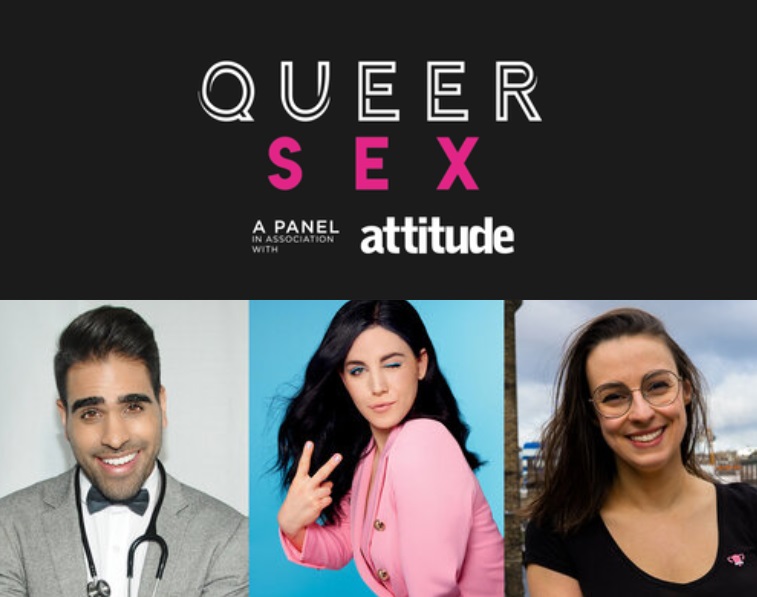‘We need to start talking about the link between LGBTQ sexual health and mental health’
Tackling sexual health issues requires more than a quick swab and a finger prick, says Student Pride co-chairman Max Taylor.
By Will Stroude
Mental health and queer sexual health are seen as two big and separate conversations, but there is a distinct connection.
One may sound all-too-familiar for some: having sex to comfort yourself, sexualising yourself to fit in, measuring your self-esteem against your sex life. And that’s why we need to consider sexual and mental health as two sides of the same coin.
For better or worse, queer people are still associated with sexual taboos. Compounded by the fact that the spaces in which we most often meet are nightclubs and bars, and that these events’ subsequent branding means that the few queer faces featured in marketing are often the most sexualised people we see.

Hovering in the background of our community’s often sex-hungry appetite is a mental-health crisis. In a recent study, National Student Pride* found that LGBTQ students are 35 per cent more likely to report suffering from depression than non-LGBTQ students.
This was hardly a surprise to us. We know our community, particularly our student and youthful community, has an endemic longing for validation, and suffers from poor body confidence, loneliness and low self-esteem.
All too often, we see this intersection between mental and sexual health, where one will often be sacrificed for the other. I’ve seen friends go through destructive patterns of harnessing the chance to have sex just to find validation in the moment.

Sexual and mental health need to start being considered as two sides of the same coin, writes Student Pride’s co-chairman Max Taylor
Our definition of what being sexually healthy means needs to develop. There is an obvious health concern around harnessing sex as an instrument to try to feel better. Sexual health isn’t just about STIs, it’s about practising healthy sex in a way that empowers you sexually and mentally. Seeking out sex just to feel social validation can so easily become an unhealthy coping mechanism for poor mental health. It also makes for a long walk home.
Attitude columnist and Student Pride host James Barr talks about this in-depth in an interview with our podcast #QueerAF. Unable to feel happy while dating, James sought validation at sex parties, knowing as he walked in that the only reason he was going was to feel good about himself.
Queer people are still flocking to big cities, where they will be lonely, and using apps that require you to sexualise yourself simply to chat to someone.

The Attitude Queer Sex Panel is on the main stage of National Student Pride in London on 22 February, featuring Dr Ranj Singh, Charlie Craggs and Florence Schechter
What was once hailed as a way for us to liberate our sex has caught us in a vicious circle.
Equating being sexually in demand to being emotionally stable is a fallacy. Replacing friendly chats with flirtatious exchanges is a coping mechanism. It doesn’t make for a healthy mental state and doesn’t make for healthy sex. Sexual health can’t be entirely treated with a finger-prick at the clinic. It’s about managing coping mechanisms and sustaining healthy relationships.
In queer spaces surrounded by queer faces, that can be an uphill struggle. This is why the overlap between sexual health and mental health needs its own conversation.
The Attitude Queer Sex Panel is on the main stage of National Student Pride in London on 22 February.
For your free weekend wristband or daytime festival ticket click here.
